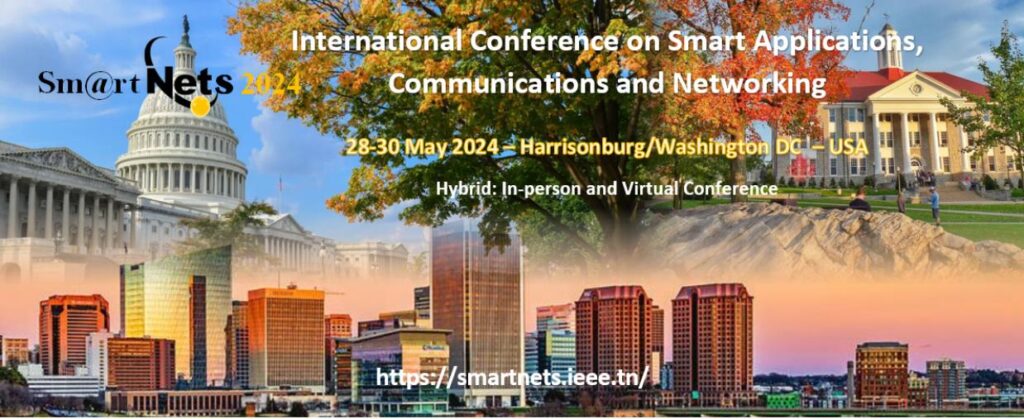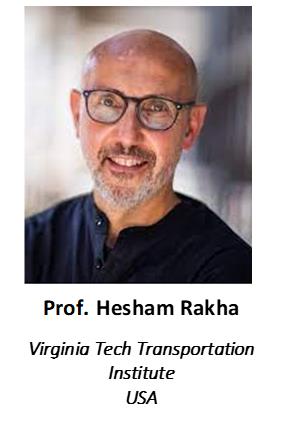- Home
- Prof. Hesham Rakha
Prof. Hesham Rakha


Biography:
In addition to serving as the Samuel Reynolds Pritchard Professor of Engineering in the Charles E. Via, Jr. Department of Civil and Environmental Engineering and a Courtesy Professor in the Bradley Department of Electrical and Computer Engineering, Dr. Rakha directs the Center for Sustainable Mobility at the Virginia Tech Transportation Institute. His research focuses on large-scale transportation system optimization, modeling and assessment. He works on optimizing transportation system operations, including vehicle routing, developing various network and traffic signal control algorithms, developing freeway control strategies (speed harmonization and ramp metering), and optimizing vehicle motion (lateral and longitudinal) to reduce their energy consumption while ensuring their safety. A key component of these control algorithms are the tools needed to predict the system evolution while capturing the inherent stochasticity within the system. In this area, Dr. Rakha and his team develop and apply modeling, artificial intelligence, and statistical techniques to predict the spatiotemporal evolution of the system. Dr. Rakha is Fellow of the Canadian Academy of Engineering (CAE), the Institute of Electrical and Electronics Engineers (IEEE), the American Society of Civil Engineers (ASCE), and the Asia-Pacific Artificial Intelligence Association (AAIA). In addition, he is a Professional Engineer in Ontario and a World’s Top Industry Scientist in the International Artificial Intelligence Industry Alliance (AIIA).
Title: Optimization, Modeling and Assessment of Intelligent Transportation Systems
Abstract: The transportation system has evolved into a complex Cyber Physical System (CPS) with the introduction of wireless communication and the emergence of connected travelers and Connected Automated Vehicles (CAVs). The talk will discuss the challenges associated with multi-modal transportation system optimization and modeling, the integrated modeling of the transportation and communication systems, some research in the area of multi-objective CAV optimization, some research in CAV-enabled traffic signal control, and finally research in the modeling and optimization of multi-objective and multi-modal freight transportation.
